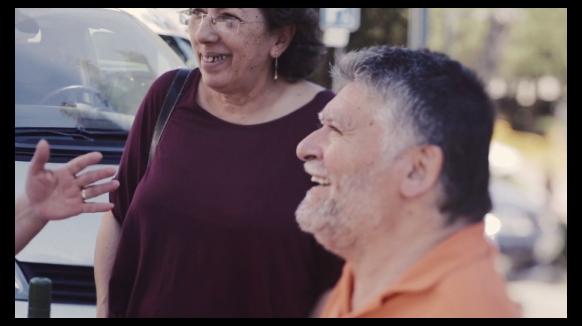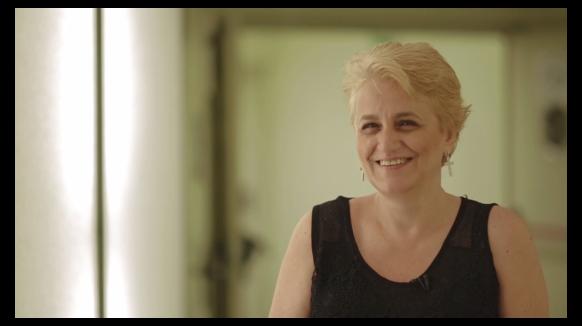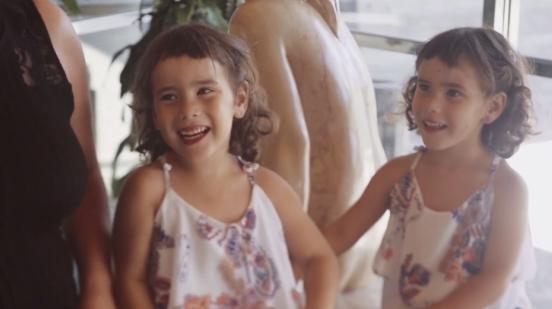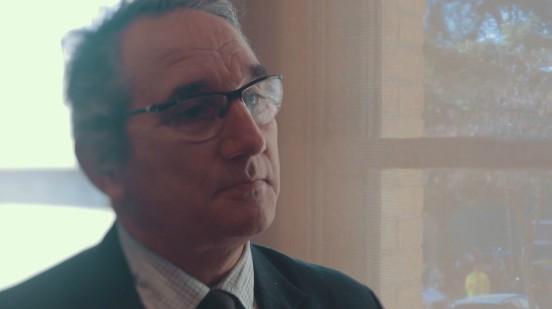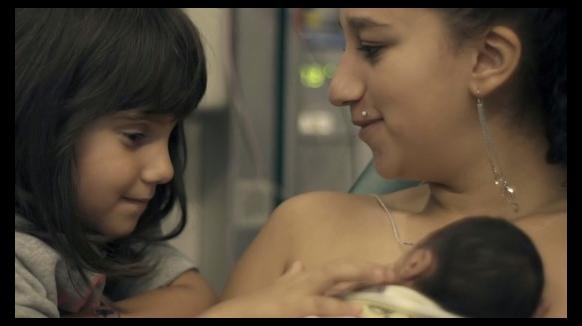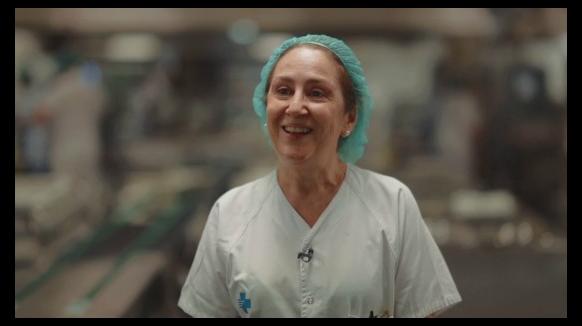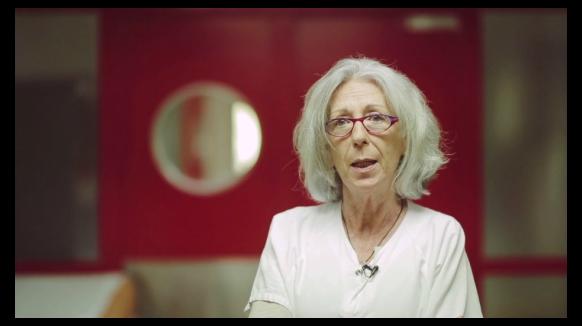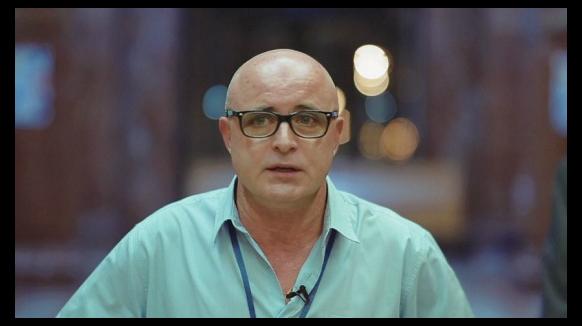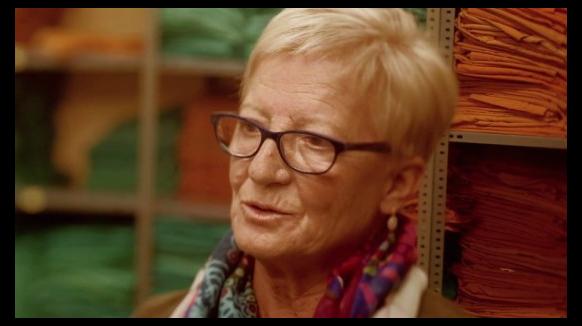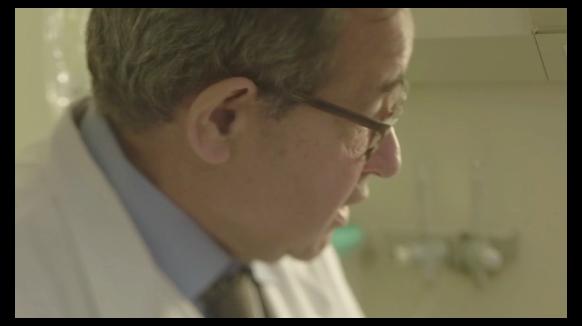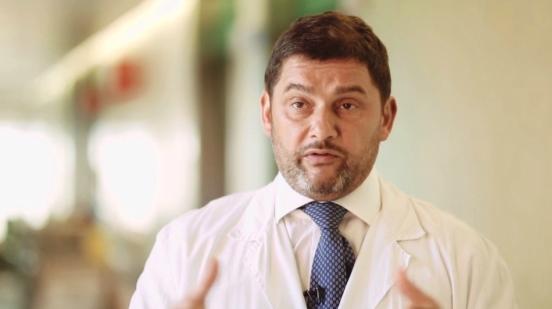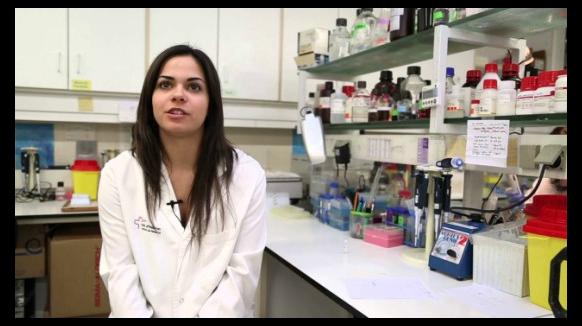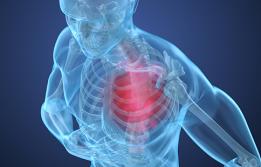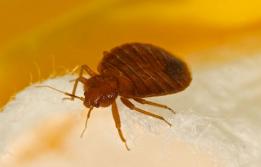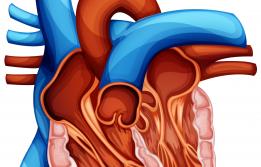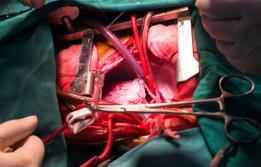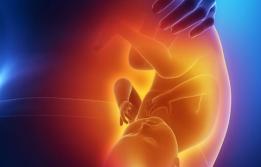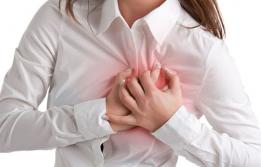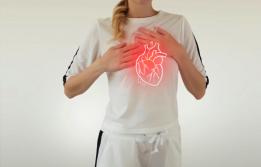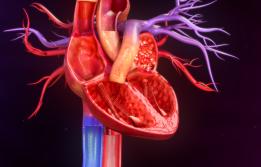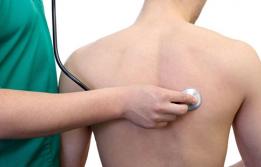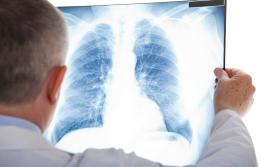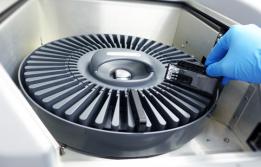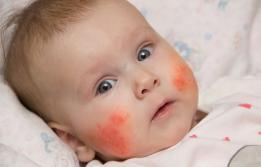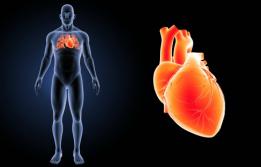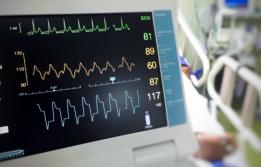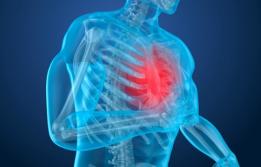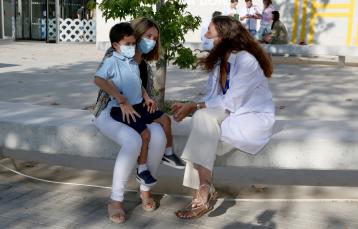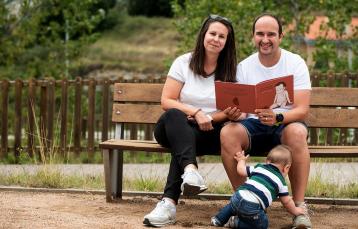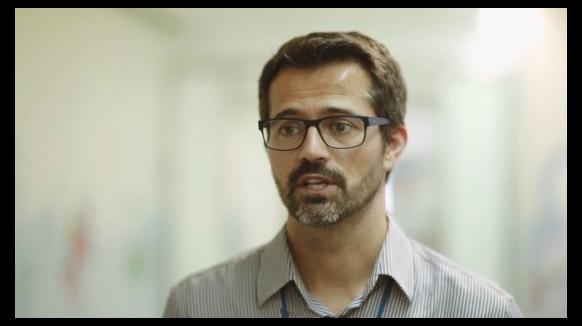Paediatric Cardiology
The goal of the Paediatric Cardiology Department is to provide care, teaching and research in the field of heart disease, be it congenital or acquired, from before birth up to adulthood. With more than 40 years’ experience offering patient care, this Department created the Adolescent and Adult Congenital Heart Disease Unit (UCCAA) to provide continuity in care for patients with congenital heart disease
Description
The Paediatric Cardiology Department deals with diseases that affect the heart from the foetal period. Foetal cardiology is developed in collaboration with the Obstetrics, Gynaecology and Neonatology Departments, which have all the human and technical resources necessary to guarantee quality care for treatment of heart disease, congenital or otherwise, detected during the foetal period.
In Catalonia, around 600 babies are born every year with congenital heart disease (between 5 and 12 per 1,000 live babies), of which about 25% will need surgical care during childhood.
Thanks to technological advances and improvement in surgical techniques, the survival rate of these patients has increased in recent years. This does mean that more and more children are growing up to develop cardiac insufficiency and suffer heart failure, meaning they will need a heart transplant. In addition, the rate of myocardiopathies, meaning genetic or acquired diseases that affect the strength of the heart muscle, is 1 per 100,000 inhabitants, and about 40% of children die within two years of diagnosis of the disease.
The Adolescent and Adult Congenital Heart Disease Unit (UCCAA) is the result of a collaboration agreement between Vall d'Hebron University Hospital and University Hospital of Santa Creu i Sant Pau, to bring together the efforts, resources and experience of the two hospitals with the greatest tradition in treatment of these diseases in a single level three congenital heart disease unit for adolescents and adults.
In order to group together outpatient care for congenital heart disease into a single area, the UCCAA Unit outpatient clinic is located in the Maternity and Children's Hospital, next to the Paediatric Cardiology clinic. This common area allows us to share workstations, databases and tools (3D ultrasound) and makes transfer and continuity of treatment simple, from paediatric age to adulthood, for what is a congenital and lifelong pathology.
Patients who require admission do so at the General Hospital, and stay on the Cardiology and Cardiac Surgery ward. Depending on their clinical circumstances, some of these adult patients with congenital heart disease must be admitted onto special wards:
Patients in critical condition: Coronary and Intensive Cardiological Care Unit of the Cardiology Department.
- Patients just out of operations: Cardiac Surgery Postoperative Unit of the Cardiology Department.
- Pregnant patients with congenital heart disease:
- Primarily obstetric pathology: Obstetrics Ward of the Maternity and Children's Hospital.
- Postpartum with serious cardiological risk: Coronary and Intensive Cardiological Care Unit of the Cardiology Department.
- Postpartum with mild cardiological risk: Intensive Obstetric Care Unit of the Maternity and Children's Hospital.
Portfolio of services
- High-resolution outpatient clinic, including visits and electrocardiogram and/or echocardiogram in the same visit.
- Diagnostic imaging. The Department is equipped with the latest technology to achieve the highest quality diagnostics thanks to high-quality imaging.
- The technology the Department uses includes the Vivid™, a portable device that weighs just 4.5 kg and can be used at outpatient clinics, during heart surgery, in the haemodynamics and electrophysiology wards, and in paediatric and neonatal intensive care units, right by the patient’s bedside.
- The study and treatment of arrhythmias, linked to the Cardiology Department of the General Hospital.
- Diagnostic and interventional haemodynamics. The Haemodynamics Laboratory is equipped with digital radiological equipment that is biplanar with rotational angiography. This allows us to obtain diagnostic images of the highest quality, reduces procedure time and minimises the radiation received by the patient.
- We have advanced anaesthesia and resuscitation equipment; transthoracic, transoesophageal and intracardiac echocardiography; and we are able to carry out procedures that require ventricular assistance (Berlin Heart (R), Levitronix (R)) or that require ECMO support.
- Thanks to our technology and resources, we are able to carry out procedures that require the use of radiofrequency to ablate structures, and pressure guides to access locations that cannot be reached by usual catheters.
- The structure of the haemodynamic room allows hybrid procedures to be performed with interventional haemodynamists and surgeons and cardiologists acting simultaneously.
- Diagnostics and operations are carried out on patients from the immediate neonatal period (first day of life) as well as throughout the disease evolution of the disease.
- The Haemodynamic Laboratory supports procedures for foetal operations.
- Hospitalisation at the Neonatal and Paediatric ICU.
- Conventional hospitalisation.
- Heart transplant. The Paediatric Cardiology team plays an active role throughout the process of the heart transplant before, during and after the operation.
- Telemedicine. For more than ten years, now, the Paediatric Cardiology Department has been connected to other hospital centres. Telecardiology allows us to make decisions in consultation with other teams, and prevents unnecessary movement of patients around the hospital.
